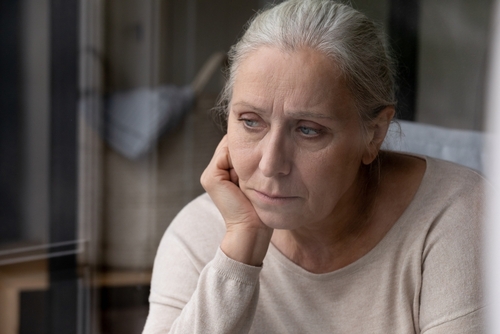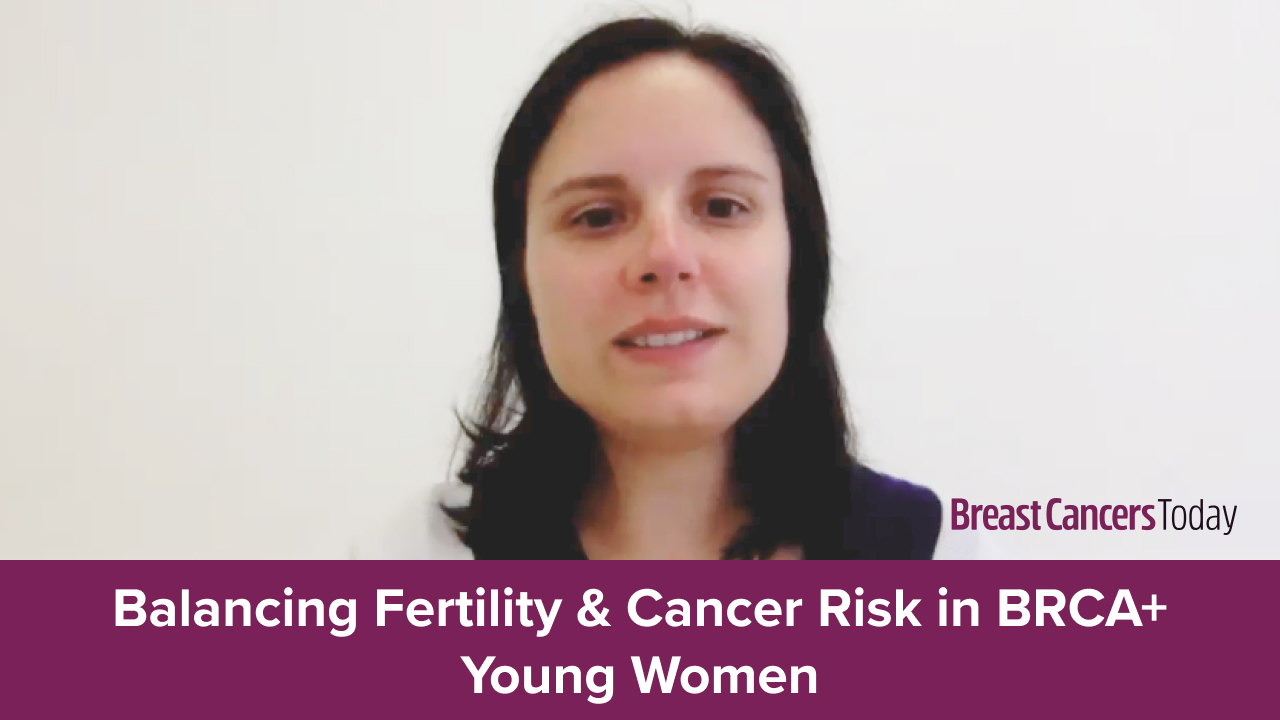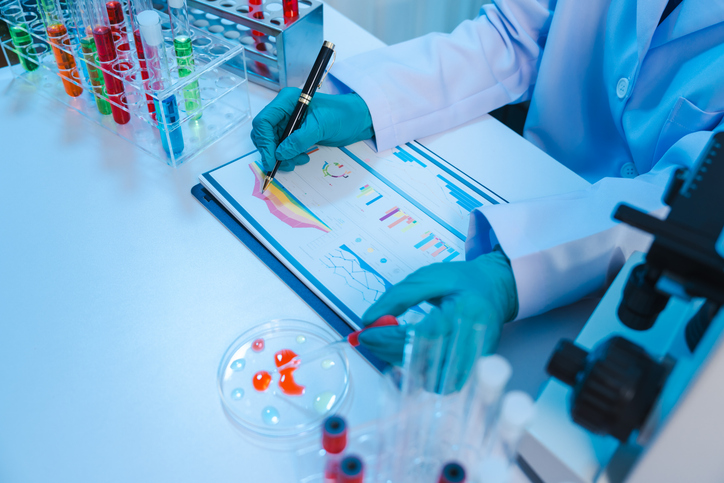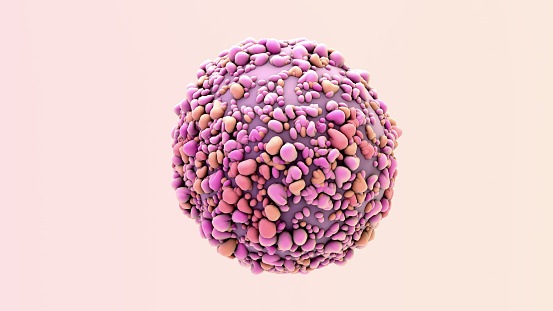
Older breast cancer survivors, particularly those who underwent chemotherapy, biologically age at a faster rate than noncancer patients and may have worse outcomes, according to a study published in the journal Cancer.
Cancer is predominately a disease of older age, and 60% of women newly diagnosed with breast cancer are 60 years or older. Treating and caring for older women with breast cancer can be challenging because even at the same chronological age, women may vary significantly in biological age. “Biological aging refers to a gradual and progressive process of damage accumulation within systems that results from life course experiences and exposures and leads to a loss of system reserve and increased risk of cancer and other age-related diseases, disability, and mortality,” the researchers wrote.
Previous studies have shown that breast cancer survivors have short-term increases in biological age up to 1 year following treatment based on assessing epigenic measures, which capture biological aging over the life course. Less is known about long-term effects on older women or measured biological aging in noncancer individuals.
To conduct their analysis, Kelly E. Rentscher, PhD, and colleagues analyzed 89 nonmetastatic breast cancer survivors and 101 controls. Patients in the population of interest were between 62 and 84 years old and provided 2 blood samples to derive epigenic age, which was measured using the Horvath, Extrinsic Epigenic Age (EEA), Phenotypic Age, and GrimAge epigenic clocks, as well as the Dunedin Pace of Aging (DunedinPACE) methylation measure. The subjects also completed cognitive and physical function assessments at approximately 24 to 36 and 60 months after study enrollment.
Survivors Display Greater Biological Aging
According to the findings, breast cancer survivors were 1.04 to 2.22 years biologically older than the controls based on Horvath, EEA, GrimAge, and DunedinPACE measures (P=.001-.040) at approximately 24 to 36 months after enrollment. The investigators observed that survivors exposed to chemotherapy were 1.97 to 2.71 years older (P=.001-.040), and in this group, an older EEA was associated with worse self-reported cognition (P=.047) relative to the controls. Moreover, an older epigenetic age was correlated with worse physical function in all women (P<.001-.010). The researchers noted that while survivors and controls showed similar epigenetic aging over time, Black survivors showed accelerated aging relative to non-Hispanic White survivors.
“This is the first investigation of longer-term biological aging in older breast cancer survivors and matched noncancer controls. We found that survivors showed greater biological aging, as measured by epigenetic assays, than controls. Older breast cancer survivors who had received chemotherapy showed the greatest epigenetic aging, and among this group, an older epigenetic age was associated with worse self-reported cognition,” the researchers concluded. They added that, “if replicated, measurement of biological aging could complement geriatric assessments to guide cancer care for older women.”







 © 2025 Mashup Media, LLC, a Formedics Property. All Rights Reserved.
© 2025 Mashup Media, LLC, a Formedics Property. All Rights Reserved.